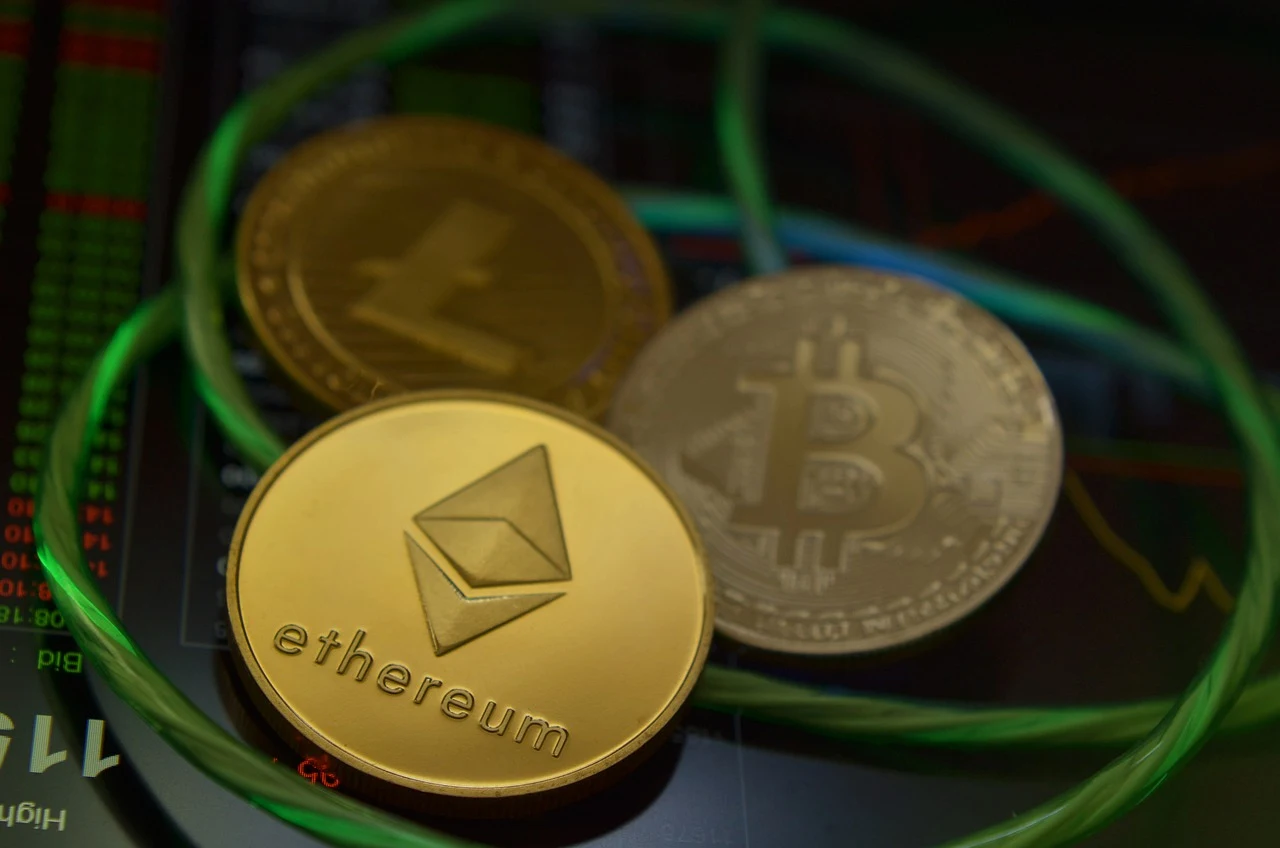Things will change after integrating Ethereum
The network's shift to proof of share has implications for the environment, fees and ethereum, but it will not change everything.
It is estimated that the merger of Ethereum, or the transition from proof of work to validation and adjustment of quota-based transactions
It will take place around 1 a.m. ET, or 5 a.m. UTC, on September 15. This is probably the most important piece of encryption news since Three Arrows Capital collapsed in June.
Lower fees ?
The most important thing that will not be done is to reduce transaction fees on Ethereum.
Which was desired by many users, low fees may eventually be enabled by infrastructure changes made in the merger. But that won't happen right away.
This means :
there is still a serious place in the crypto world for blockchain substitute layer 1 such as Solana and Near
- In addition to tier 2 such as Optimism and Polygon
- which provides user fees by "aggregating" sets of transactions to post on Ethereum.
- Paradoxically, Ethereum charges have already jumped
- by about 25% to an average of more than $3 per transaction since Tuesday.
This is partly thanks to the repositioning of traders and holders
- Fees are still historically very low
- but if you're reading this Wednesday
- take care of your movements soon
- because these fees are likely to rise further as the day goes on.
Environmental allowance :
By computationally removing intensive mining to demonstrate work from ethereum, the merger is expected to reduce the overall energy consumption of the grid by more than 99%.
For at least five years, the environmental impact of mining to prove work has been a major headwind for blockchain adoption in general
The transition has at least two specific catalysts for ethereum.
First, as a recent Bank of America report argued, some other institutions or investors who were reluctant or unable to invest in proof-of-work systems would now be free to acquire ethereum.
This will not necessarily be an immediate drastic change given the bear market, but it may have enormous upward effects on the next upward encryption cycle.
Secondly, and I think more importantly, the shift to proof of bet completely changes the playing field for non-replaceable codes (NFT).
As ridiculous as things became during the last bull cycle, NFTs are one of the clearest cases of the end-user real product market that fits with ethereum, and I am very optimistic about the concept in the long term.
But many artists and consumers seem to have a general dislike of the chain of blocks associated with environmental concerns. This is not their only predicament, but removing this problem will be huge for the long-term appeal of digital art to Ethereum.
Control risks :
Just three weeks before the expected merger date, financial regulators at the U.S. Department of Treasury's Office of Foreign Assets Control (OFC) dropped a bomb on the world of encryption while punishing the Ethereum-based Tornado Cash mixer.
There are still a lot of unknown effects, but many developers and node operators have decided that they need to protect themselves by unilaterally censoring transactions associated with Tornado Cash.
Integration makes moments like this more worrying
for a variety of complex reasons.
The proof-based settlement is widely expected to focus more strength in the hands of the largest Ethereum makers
includes fairly visible organisations like Jump Trading.
These entities, in turn, may be more vulnerable to pressure than entities such as OFAC, which may lead to "baseline control"
or a system-wide refusal to address transactions associated with government-imposed entities.
This is the worst-case scenario, and we hope it doesn't happen. But the fact that it's possible
- It would undermine the neutrality of the system that should be part of
- the presentation of the core value of any blockchain
- is a real reason for long-term anxiety and vigilance.
ETHistan Network Status
- Fortunately, the fourth big result of the merger is more optimistic
- it is one of the first big examples of globally coordinated network transition in encryption.
- Bitcoin had its own drama about promotions and forks
- but it didn't have anything like a merger.
While it is true that Ethereum has a great advantage given the leadership role of the Ethereum Foundation and co-founder Vitalik Butterin
However, it remains a huge global ecosystem that all stakeholders have had to stay on the same page through the complex process of integration.
It is a temporary and partial example, but in light of this, integration looks like the Srinivasan concept of "Network State."
Very widely, Srinivasan believes that digital communities
some organized around the blockchain, will begin to mimic some of the features of offline governance units.
Bitcoin already has many features of network status, but the richer technological foundations of Ethereum may form a more suitable basis for many of the complex capabilities of network status.
Assuming successful, integration can be regarded as a "national unity" moment for the Ethiopians, enhancing society as much as anything technological.
Of course, not everyone joined the merger, especially a few people trying to keep ethereum work proven.
- Frankly, it is difficult to see this effort as anything but a short trick aimed at evading the naive
- but even if it is honest, it can be said to be the exception that proves the rule.
- You can't have a nation, after all, without a few opponents.
In danger of exaggerating the case:
from this perspective, integration can be an important presentation of unity and power by the "nation" of ethereum. This may be particularly important for some looming battles over control of the base layer and regulation of utility-focused codes.

